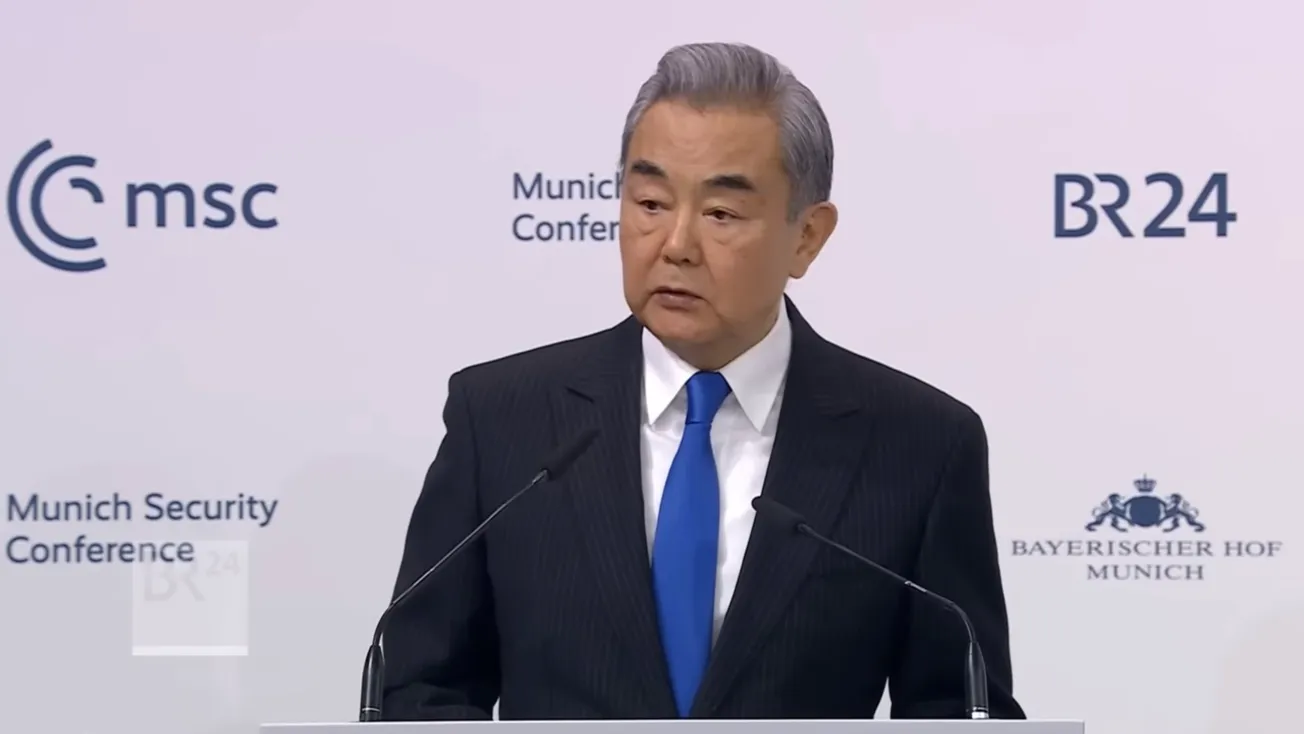In remarks to Financial Times on Aug. 25, Rafael Grossi, the director-general of the International Atomic Energy Agency (IAEA), warned that the nuclear nonproliferation regime is under greater stress than it ever has been. He told FT that tense relations between the U.S., and Russia and China, as well as the conflict in the Middle East, were putting unprecedented strains on the Nuclear Non-Proliferation Treaty (NPT), signed in 1968, that aimed to limit the development of the world’s atomic arsenal. “I don’t think in the 1990s you would hear important countries say, ‘well, why don’t we have nuclear weapons too?’” he said. “These countries are having a public discussion about it, which was not the case before. They are saying it publicly. They are saying it to the press. Heads of state have referred to the possibility of rethinking this whole thing.”
FT says that Russia’s “full-scale invasion” of Ukraine has demonstrated the power of having nuclear weapons, but Grossi said there are several other factors contributing to the renewed interest in developing atomic weapons, among some countries. “There are all these tensions, this possibility of alliances being weakened and countries having to fend for themselves. This is where the nuclear weapon factor, and attraction, comes back in a very unexpected way,” he said, while declining to name any specific countries.
The rising risks of increased proliferation are stemming from “an environment where there is more intense geopolitical competition between great powers,” said Nicholas Miller, an assistant professor at Dartmouth College in the U.S., who studies nuclear proliferation. He explained that at such times, great powers tend to loosen their focus on nuclear proliferation, “because they are busy competing with their rivals.”
Miller claims that Iran is the biggest proliferation threat, but doesn’t name Israel and its nuclear arsenal (of hundreds of weapons) as a possible factor in Iranian nuclear calculations. “We are not for building nuclear weapons,” Kamal Kharrazi, a foreign affairs adviser to Iran’s Supreme Leader Ayatollah Ali Khamenei, told FT last month, citing a fatwa that Khamenei had issued in 2003 banning the development of nuclear arms. He said, however, that if Iran faced an existential threat, “naturally we [would] have to change our doctrine.”
Grossi said the IAEA has been speaking to countries and stressing the importance of the non-proliferation regime. “We have to make sure we reinforce the regime, because I don’t think that adding more nuclear weapon states will make the current situation any better,” he said.



